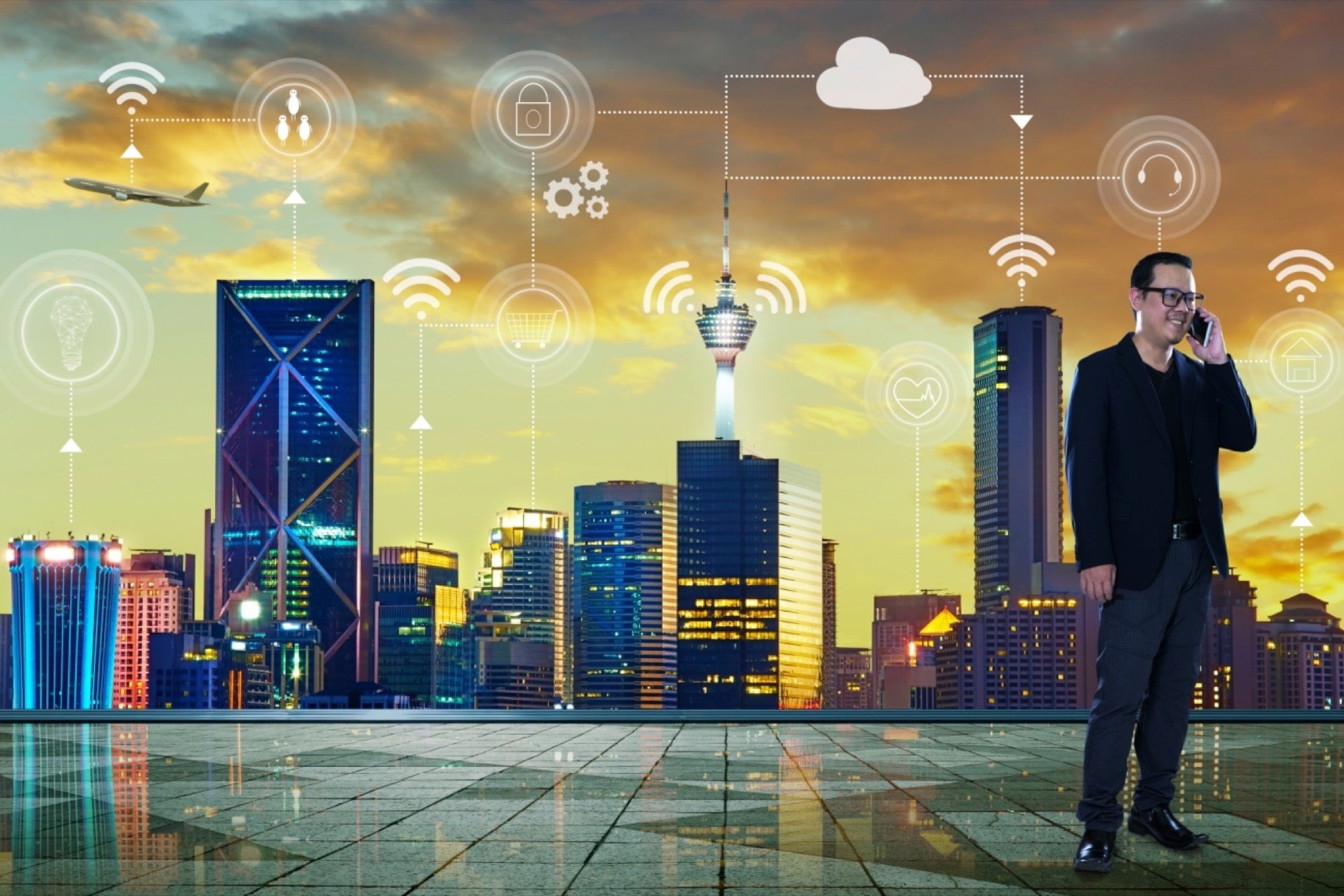What Does IoT Mean to India? (Infographic) Let's understand the awareness and impact of the Internet of Things (IoT) on day-to-day lives
You're reading Entrepreneur India, an international franchise of Entrepreneur Media.

Every day we come across a new tech buzzword - for some, it is AI (Artificial Intelligence), for others, it is IoT (Internet of Things) but how many actually understand the context of these concepts. Let's make it simple. Answer this – how are you able to read this article? Through the internet, of course. That's exactly what IoT is about, connecting all devices to the internet. Pretty simple right? Not really.
If loosely defined, IoT empowers all devices in the world to send and receive information, basically make them smart. Let's say, music streaming. Through an app, your phone is retrieving information, in this case, songs, from a source which is also connected to the internet and helping you enjoy any and every type of music in the world without having to store anything in your mobile device.
Now let's try the hard definition - The Internet of things is the extension of Internet connectivity into physical devices and everyday objects. Embedded with electronics, Internet connectivity and other forms of hardware, these devices can communicate and interact with others over the Internet and they can be remotely monitored and controlled.
IoT in India
Since we have understood the bits of IoT, it's important to contemplate the importance of IoT in India and how the technology can be used for better. Tata Communications' "India IoT Report – Emergence of a New Civic OS' conducted interviews across 12 Indian cities to understand the awareness and impact of the Internet of Things (IoT) on day-to-day lives and identified some glaring issues.
For most people, IoT is nothing more than smart cities. "A regular consumer sees the immediate consumer benefits (home automation, for instance) but is not able to make the connection between IoT and its larger impact to enhance the delivery of public services, healthcare services, safety and security to name a few," the report says.
The report has further found that when presented with the fuller opportunities, IoT could ensure better personal healthcare, lower levels of pollution, reduce traffic congestion and queues, grant better access to public services and provide improved safety/security for citizens, among other benefits. To understand the implications further, refer to the following infographic by Tata Communications.











